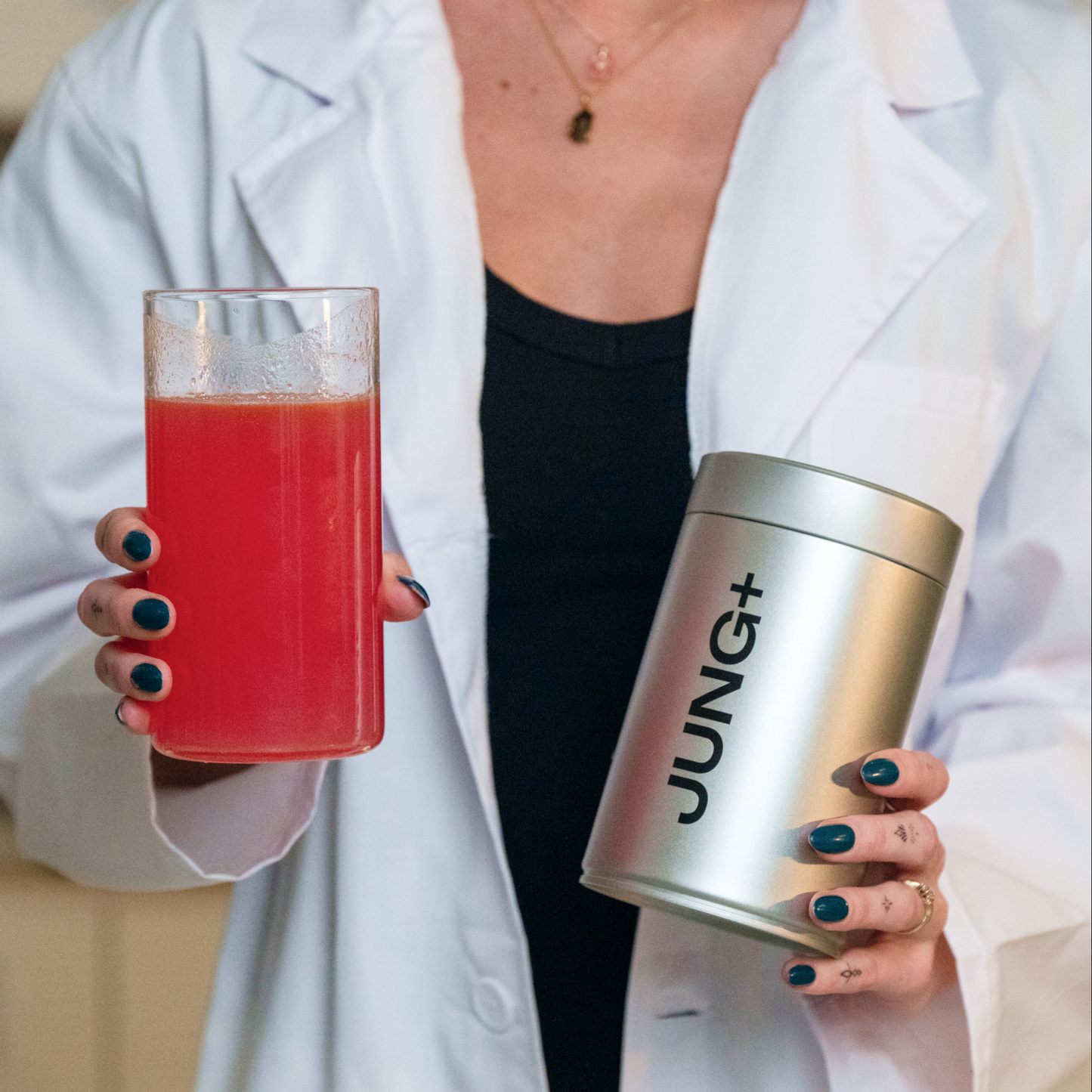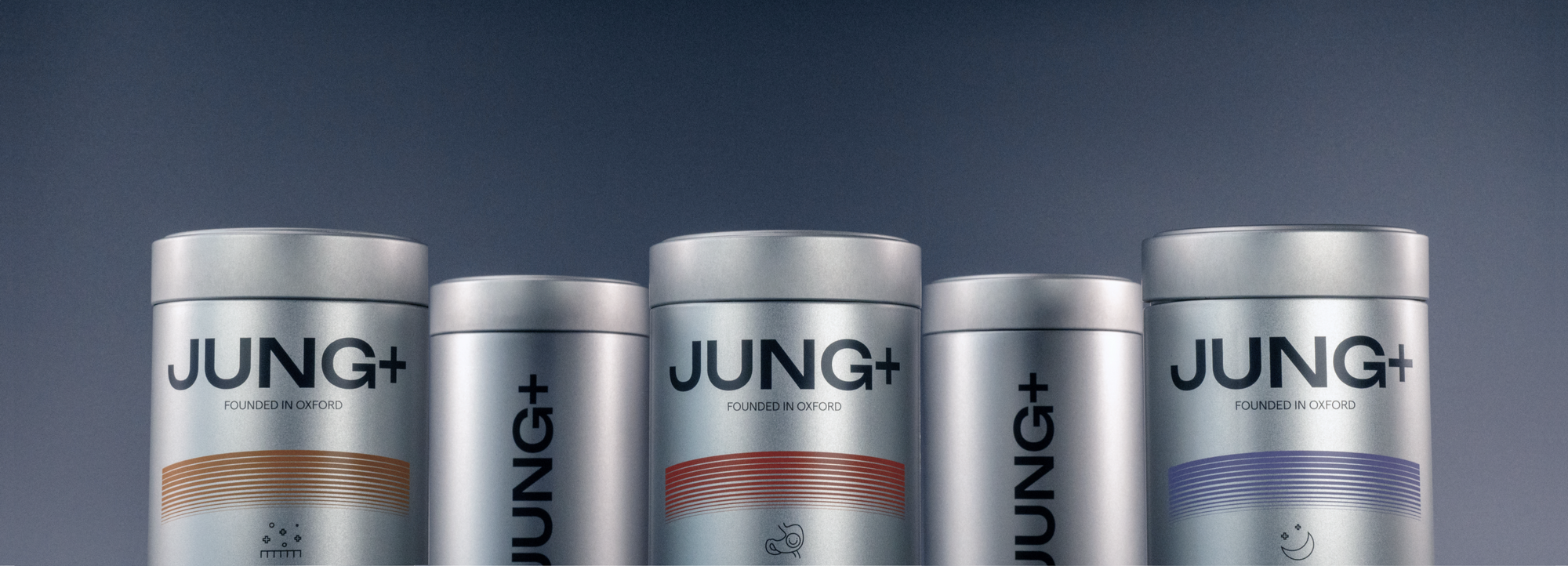"HA works by attracting large amounts of water molecules and holding them in the skin, which is essential for maintaining skin hydration and plumpness"
Nava Greenfield, MD, a New York City-based, board-certified dermatologist

FREE SHIPPING ON ALL SUBSCRIPTIONS!
FREE SHIPPING ON ALL SUBSCRIPTIONS!
FREE SHIPPING ON ALL SUBSCRIPTIONS!
FREE SHIPPING ON ALL SUBSCRIPTIONS!
FREE SHIPPING ON ALL SUBSCRIPTIONS!
FREE SHIPPING ON ALL SUBSCRIPTIONS!
FREE SHIPPING ON ALL SUBSCRIPTIONS!
FREE SHIPPING ON ALL SUBSCRIPTIONS!
FREE SHIPPING ON ALL SUBSCRIPTIONS!
FREE SHIPPING ON ALL SUBSCRIPTIONS!
FREE SHIPPING ON ALL SUBSCRIPTIONS!
FREE SHIPPING ON ALL SUBSCRIPTIONS!
FREE SHIPPING ON ALL SUBSCRIPTIONS!
FREE SHIPPING ON ALL SUBSCRIPTIONS!
FREE SHIPPING ON ALL SUBSCRIPTIONS!
FREE SHIPPING ON ALL SUBSCRIPTIONS!
FREE SHIPPING ON ALL SUBSCRIPTIONS!
FREE SHIPPING ON ALL SUBSCRIPTIONS!
FREE SHIPPING ON ALL SUBSCRIPTIONS!
FREE SHIPPING ON ALL SUBSCRIPTIONS!
FREE SHIPPING ON ALL SUBSCRIPTIONS!
FREE SHIPPING ON ALL SUBSCRIPTIONS!
FREE SHIPPING ON ALL SUBSCRIPTIONS!
FREE SHIPPING ON ALL SUBSCRIPTIONS!
FREE SHIPPING ON ALL SUBSCRIPTIONS!
FREE SHIPPING ON ALL SUBSCRIPTIONS!
FREE SHIPPING ON ALL SUBSCRIPTIONS!
FREE SHIPPING ON ALL SUBSCRIPTIONS!
FREE SHIPPING ON ALL SUBSCRIPTIONS!
FREE SHIPPING ON ALL SUBSCRIPTIONS!
"HA works by attracting large amounts of water molecules and holding them in the skin, which is essential for maintaining skin hydration and plumpness"
Nava Greenfield, MD, a New York City-based, board-certified dermatologist
Hyaluronic acid (HA) has long been associated with youthful skin, flexible joints, and overall vitality, but recent research highlights its benefits when taken orally as a supplement. While it is naturally found in the skin, joints, eyes, and connective tissues, HA levels decline with age, leading to skin dehydration, joint discomfort, and slower tissue repair.
Emerging clinical research supports the benefits of ingestible HA supplementation for improving skin hydration, reducing wrinkles, supporting joint function, and even enhancing muscle strength. This article explores the science behind HA supplementation, how it contributes to longevity, and its role in aging well.
Hyaluronic Acid is a naturally occurring glycosaminoglycan that plays a crucial role in hydration, tissue lubrication, and cellular function. It binds with water molecules to retain moisture, acting as a shock absorber for joints and a structural support for skin and connective tissues.
However, HA levels decline significantly after the age of 30, contributing to visible signs of aging and joint stiffness. Supplementing with HA can help restore optimal levels and support overall longevity.
HA is a key component of skin hydration and elasticity. About 50% of the body's total HA is stored in the skin, where it binds water and maintains suppleness (Göllner et al., 2017).
Scientific Evidence on HA Supplementation for Skin:
Longevity Takeaway: HA supplementation increases skin hydration, reduces wrinkle depth, and improves skin elasticity, making it a powerful anti-aging ingredient.
HA is a primary component of synovial fluid, which lubricates joints and protects cartilage. As HA levels decline, joint friction increases, leading to discomfort and stiffness. Research shows that oral HA supplementation can help support joint function and mobility, especially in aging populations.
Scientific Evidence on HA Supplementation for Joint Health:
Longevity Takeaway: HA supplementation helps reduce joint stiffness, supports lubrication, and may enhance muscle strength, making it a great option for healthy aging and mobility.
Surprisingly, emerging research suggests that oral HA may enhance muscle function, particularly in aging adults or those with mild joint discomfort.
Scientific Evidence on HA for Muscle Strength:
Longevity Takeaway: HA may support muscle function and recovery, making it beneficial for both active individuals and older adults.
Hydration is a key factor in longevity, and HA’s ability to retain water at the cellular level can support overall hydration balance and cellular health.
Scientific Evidence on HA for Hydration:
Longevity Takeaway: HA helps maintain hydration at the cellular level, supporting skin, joint, and overall body function.
Hyaluronic Acid isn’t just a skincare ingredient—it’s a powerful longevity molecule that supports skin, joints, muscles, and hydration balance. As we age, HA levels decline, but supplementation may help counteract this process and promote long-term vitality and well-being.
✔ Deep skin hydration & wrinkle reduction
✔ Enhanced joint lubrication & flexibility
✔ Improved muscle strength & recovery
✔ Supports cellular hydration & tissue repair
✔ Potential anti-inflammatory effects
💡 Incorporating HA into your daily wellness routine can help support healthy aging, keeping skin youthful, joints flexible, and the body functioning at its best.

A clinical study evaluated the effects of oral HA supplementation on skin aging in 20 women aged 45-60. The participants took an HA-based supplement daily for 40 days, and their skin moisture, elasticity, and wrinkle depth were measured before, during, and after supplementation. Results showed significant improvements in hydration, increased elasticity, and a reduction in fine lines and wrinkles, demonstrating the potential of HA as an ingestible skin-rejuvenating compound. Notably, there were no reported side effects, reinforcing the safety of HA supplementation for cosmetic and longevity purposes. Published in the Journal of Evidence-based Complementary & Alternative Medicine (2017), titled "Ingestion of an Oral Hyaluronan Solution Improves Skin Hydration, Wrinkle Reduction, Elasticity, and Skin Roughness" by Göllner et al.
This review highlights HA’s role in intracellular and extracellular hydration, which declines with aging. It describes how HA supports cell membrane integrity, enhances fibroblast activity, and maintains the extracellular matrix, crucial for slowing age-related tissue degradation. Additionally, HA demonstrates antioxidant and anti-inflammatory effects, which are essential in combating oxidative stress—a major contributor to cellular aging. These findings position HA as a potential longevity-supporting molecule, helping maintain youthful cellular functions across multiple organ systems. Published in the Journal of Applied Pharmaceutical Science (2022), titled "A Review of the Cosmetic Use and Potentially Therapeutic Importance of Hyaluronic Acid" by Al-Halaseh et al.
In a 90-day, double-blind, placebo-controlled trial, researchers assessed the effects of daily HA supplementation in yogurt form on joint function and muscular strength in 40 adults with mild joint discomfort. Participants consuming HA-enriched yogurt showed statistically significant improvements in knee extensor strength, total work performance, and muscle power compared to the placebo group. These findings suggest that oral HA supplementation can enhance joint function and muscular strength, making it a valuable longevity-focused supplement for maintaining mobility and reducing age-related joint discomfort. Published in Osteoarthritis and Cartilage (2009), titled "Efficacy of the Consumption of Yogurt Supplemented with a Natural Extract Containing Hyaluronic Acid (Mobilee™) in Adults with Mild Joint Discomfort" by Martínez-Puig et al.
This randomized, double-blind, placebo-controlled trial examined the effects of 120 mg daily oral HA supplementation over 12 weeks in 40 men and women aged 35-64. Researchers measured skin hydration, wrinkle depth, elasticity, and transepidermal water loss. The HA group showed significant reductions in wrinkle depth, improved skin elasticity, and higher moisture retention compared to the placebo group. These results reinforce HA’s ability to combat visible signs of aging and support its use in nutricosmetic supplements. Published in Nutrients (2021), titled "Oral Hyaluronan Relieves Wrinkles and Improves Dry Skin: A 12-Week Double-Blinded, Placebo-Controlled Study" by Hsu et al.
This review explores hyaluronic acid’s (HA) diverse biomedical applications, highlighting its crucial roles in wound repair, cell migration, and cell signaling. HA’s biocompatibility and ability to support tissue regeneration have made it a central focus in tissue engineering and cancer treatments. The study also details how HA is utilized in different biomedical formulations, showcasing its broad therapeutic potential. Given HA’s ability to interact with cellular processes, its continued research may lead to novel anti-aging and regenerative medicine applications. Published in Engineering in Life Sciences (2020), titled "Hyaluronic Acid and Its Biomedical Applications: A Review" by Matthew Dovedytis, Zhuo Liu, and S. Bartlett.
120-150 mg
6.25
cups of bone broth
A single dose of our product contains the equivalent of approximately 6.25 cups of bone broth for Hyaluronic Acid content.
Hyaluronic Acid (HA) is naturally present in various animal parts, particularly in connective tissues and joints. Notably, bone broth is a rich source of HA. Additionally, organ meats such as liver, heart, and kidney contain significant amounts of HA.


Hyaluronic Acid is a key component in our Cellular Skin Renewal formula due to its powerful ability to combat skin aging from the inside out. Administered at a clinical dose of 150 mg, it supports deep hydration, enhances collagen production, and promotes cellular repair. Cellular Skin Renewal is designed to restore skin elasticity, reduce wrinkles, and rejuvenate skin tone, offering a comprehensive solution to target the drivers of biological skin aging.








Hyaluronic Acid is a naturally occurring molecule in the body, primarily found in connective tissues, skin, and synovial fluid. It is synthesized by enzymes called hyaluronan synthases, which assemble HA from glucose derivatives.
Yes, HA is safe for daily use in its recommended dosages. Clinical studies show no significant side effects for oral supplementation or topical application when used as directed.
Oral HA provides systemic support, improving skin hydration and joint health from within, while topical HA hydrates are unable to penetrate past the outer layer of skin to provide deep hydration benefits.
Yes, HA is used to manage osteoarthritis through joint lubrication and is being researched for wound healing, dry eye relief, and as a component in treatments for certain inflammatory conditions.
HA works synergistically with collagen by supporting its structural integration and hydration, promoting skin elasticity and reducing the appearance of wrinkles.
Absolutely. HA pairs well with antioxidants like Vitamin C and retinoids to enhance skin repair and protect against environmental damage. It also complements peptides and ceramides for skin rejuvenation.
HA derived from microbial fermentation is vegan-friendly, unlike animal-derived sources such as rooster combs. Most modern formulations use fermentation-based HA.
Results vary, but clinical studies suggest improvements in skin hydration and wrinkle reduction after 4–12 weeks of consistent oral supplementation or topical use. Joint health benefits may take slightly longer, depending on individual conditions.
Abdulhameed, B. S., & Ibraheem, L. M. (2014). Periodontal effect of 8% Hyaluronan as an adjunct to scaling and root planning in the treatment of chronic periodontitis. IOSR Journal of Dental and Medical Sciences, 13, 76-81. DOI:10.9790/0853-13837681
Al-Halaseh, L., Tarawneh, S. K., Al-Jawabri, N. A., Al-Qdah, W. K., Abu-Hajleh, M. N., Al-Samydai, A., & Ahmed, M. A. M. (2022). A review of the cosmetic use and potentially therapeutic importance of hyaluronic acid. Journal of Applied Pharmaceutical Science. DOI:10.7324/japs.2022.120703
Barker, K., Liao, D., & Nguyen, P. (2023). A multicenter, randomized, double-blinded, placebo-controlled clinical trial to evaluate the efficacy and safety of a krill oil, astaxanthin, and oral hyaluronic acid complex on joint health in people with mild osteoarthritis. Nutrients, 15(3), 451–468. DOI:10.3390/nu15030451
Bernetti, A., Agostini, F., & Mangone, M. (2023). Could hyaluronic acid be considered as a senomorphic agent for osteoarthritis? Osteoarthritis and Cartilage Open, 5(2), 100244.
Carney, S., Harrison, A. A., & Collett, A. (2021). Long-term outcome measures of repeated non-animal stabilized hyaluronic acid (Durolane) injections in osteoarthritis: A 6-year cohort study with 623 consecutive patients. Open Access Rheumatology: Research and Reviews, 13, 173–181.
Chen, X., Xue, M., & Zhang, J. (2018). Hyaluronic acid: An efficient biomacromolecule for osteoarthritis treatment. Biomacromolecules, 19(3), 764-781.
Dovedytis, M., Liu, Z., & Bartlett, S. (2020). Hyaluronic acid and its biomedical applications: A review. Engineering in Life Sciences, 20(8), 407–418.
Göllner, L., Voss, W., & Lindequist, U. (2017). Ingestion of an oral hyaluronan solution improves skin hydration, wrinkle reduction, elasticity, and skin roughness. Journal of Evidence-Based Complementary & Alternative Medicine, 22(4), 1-9.
Gupta, R. C., Lall, R., Srivastava, A., & Sinha, A. (2019). Hyaluronic acid: Molecular mechanisms and therapeutic trajectory. Frontiers in Veterinary Science, 6.
Hsu, M. Y., Su, S. H., & Lin, Y. C. (2021). Oral hyaluronan relieves wrinkles and improves dry skin: A 12-week double-blinded, placebo-controlled study. Nutrients, 13(9), 2932.
Zhang, Z., Tian, X., Lu, J. Y., Boit, K., Ablaeva, J., Zakusilo, F. T., Emmrich, S., Firsanov, D., Rydkina, E., Biashad, S. A., Lu, Q., Tyshkovskiy, A., Gladyshev, V., Horvath, S., Seluanov, A., & Gorbunova, V. (2023). Increased hyaluronan by naked mole-rat HAS2 extends lifespan in mice. bioRxiv.

Build your stack, today
Tell us about yourself and your goals. We'll use your answers to determine your baseline and build your recommendations.